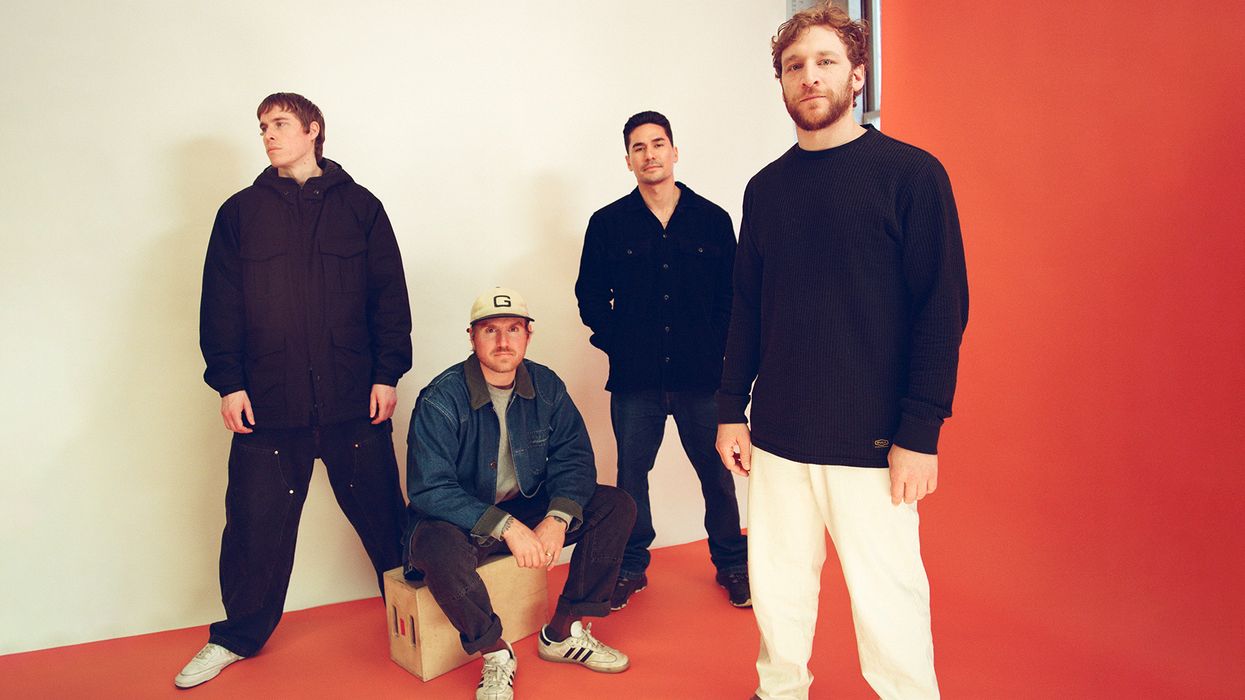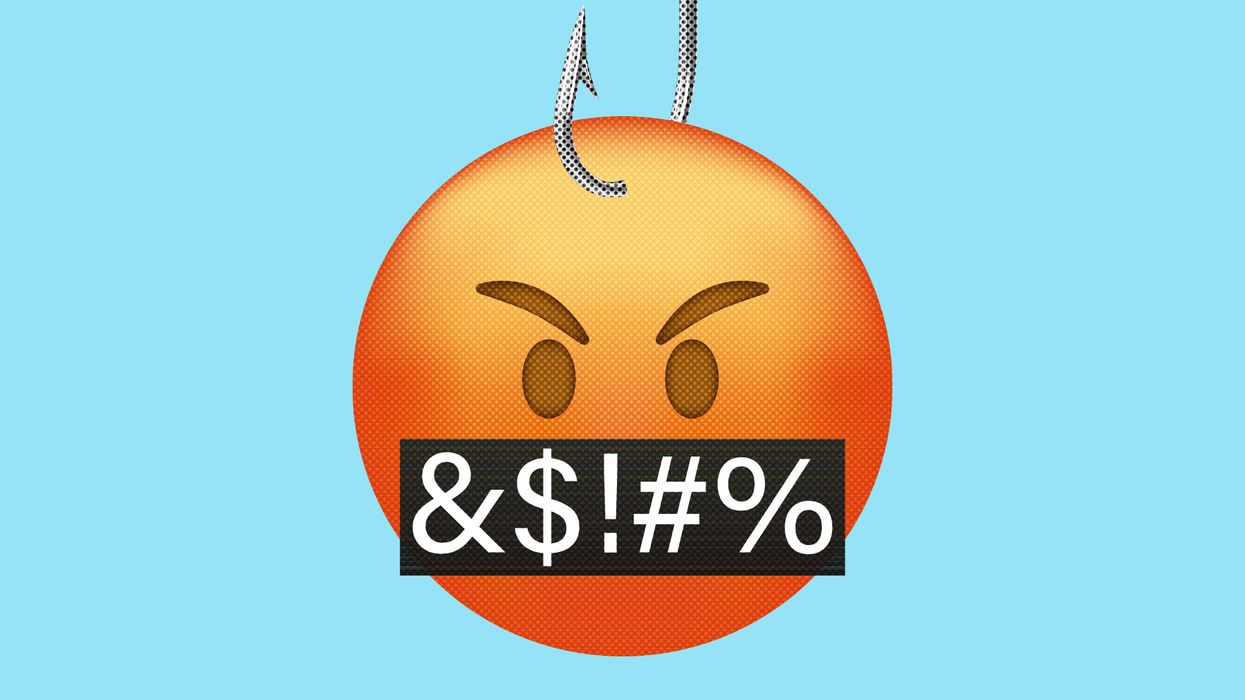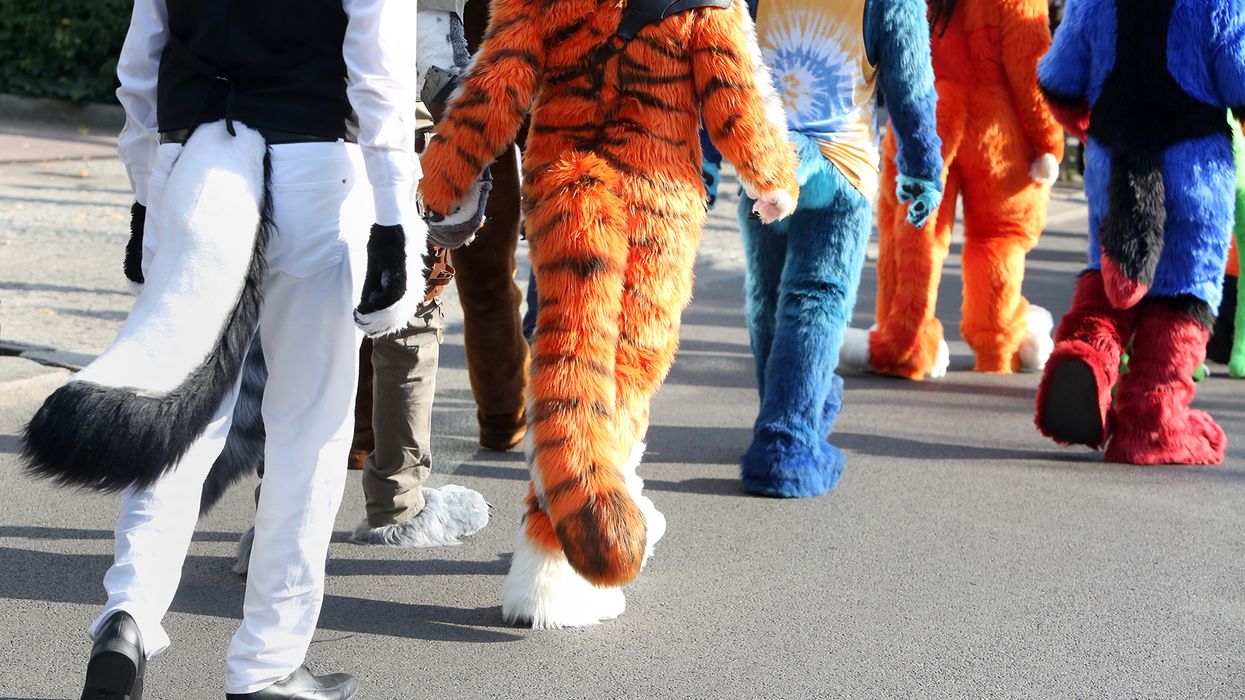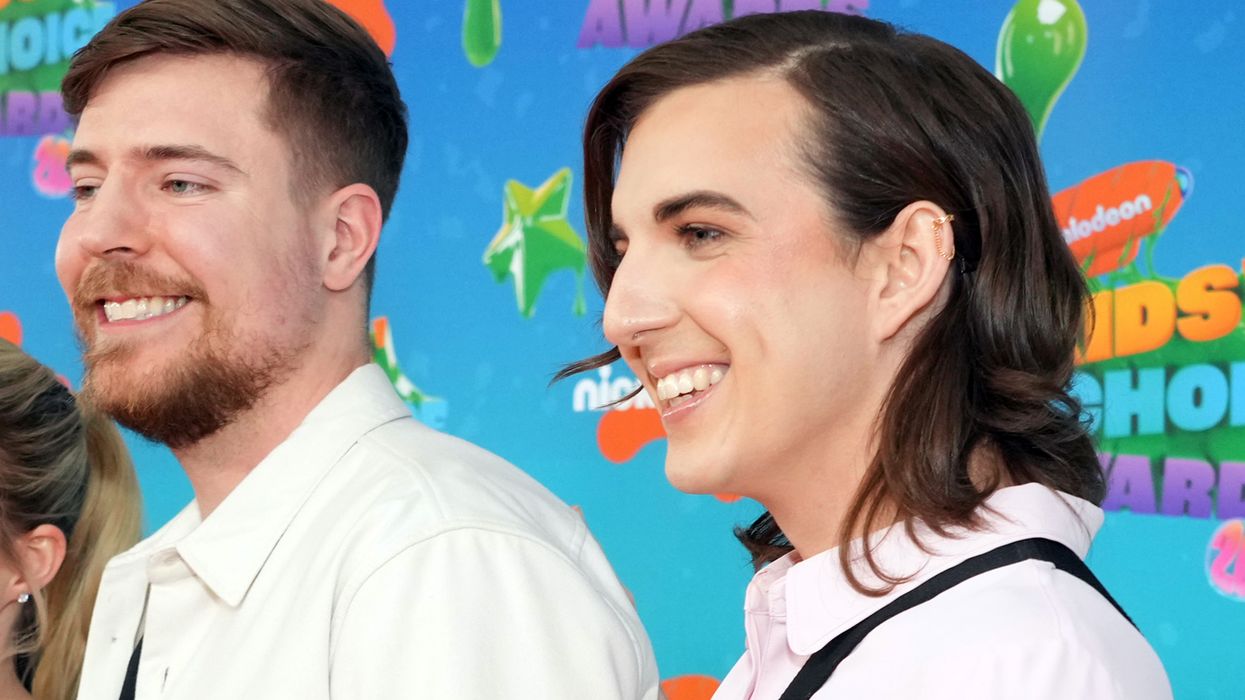Phil Elverum was feeling blocked. Not in any dire way — just in the way artists sometimes get when things are particularly busy. There was Covid to contend with, as well as the house he’d been building in bucolic Anacortes, Washington. Plus, he’s a single parent, a full-time job. The well hadn’t dried up, but it definitely needed a little rainwater to top it off.
Those first drops started to fall when School of Song co-founders Blue Sheffer and Steven van Betten hit up his merch email in 2022 and asked him to teach a class on songwriting. Fiercely indie, Elverum doesn’t have some employee manning his inbox, but the guys were nevertheless shocked when the Mount Eerie frontman hit them back not long afterward to say he was game. “Phil is legendary in the DIY world, and it’s just him behind that email,” Sheffer says. “I couldn’t believe that worked,” van Betten adds, laughing.
At first, Elverum was a bit perplexed by the offer. “I was like, ‘You got the wrong guy. I’m not a teacher,’” he says. He decided to give it go, though, and that first class opened the floodgates. He now has an entire album of Mount Eerie songs slated for release later this year, and he enjoyed his first experience with School of Song so much that he ended up teaching another class for them this month, this time on the Art of the Release. “That class made me think of this whole other aspect of the creative life in a deeper way,” he says. “It was perfect timing.”
Sheffer and van Betten first conceived of School of Song in 2020, when their friend Buck Meek of Big Thief reached out to pick their brains about teaching online. Sheffer and van Betten are old pals from high school, where they played music and rock-climbed their way into a life-long friendship. Sheffer went on to study computer science at Stanford, while van Betten became a musician/teacher. Inspired by Meek’s request, they pooled their expertise to launch an online school where musicians have taught tens of thousands of students about songwriting and the music business over the last three years. Van Betten taught the first class in 2021, with artists like Adrianne Lenker, Robin Pecknold, Merrill Garbus, David Longstreth, and Bartees Strange taking the reins for subsequent lessons.
Elverum taught his first songwriting class in 2022, before more recently offering up wisdom as part of a multi-week course on the release process. Taja Cheek (who makes music as L’Rain), Miya Folick, and Scott McMicken (Dr. Dog) also contributed lectures, with Cheek dropping knowledge on June 9, Folick on June 16, and McMicken on June 23. Classes happen on Zoom at 11 a.m. and 6 p.m. PT, and are available online after the fact on a case-by-case basis. (Elverum’s class is up now.)
Sheffer and van Betten initially reached out to Elverum because of his status as a legendary and prolific songwriter, boasting a discography that stretches back to the Nineties under projects like the Microphones, Mount Eerie, his own name, and D+. “His songwriting feels very fearless,” van Betten says. “Every album feels like he’s really surrendering to the muse of that moment in his life.” Elverum brought that approach to the four-week class in 2022, instructing his students to meditate and — surprise! — stop listening to music for a spell.
“I viewed it as like a subtractive thing, because I think we’re all inundated by tons of stuff to pay attention to,” Elverum says. “Creativity comes in the in-between times when you’re not speaking already or occupied or listening; it comes from this kind of weird blank slate.” As such, students would sit down in their dedicated writing spot each week to write and record a new song. (Elverum’s is a messy desk in his recording studio, where he writes everything long-hand.) They would then upload their tracks to a dedicated website. “My mind was blown,” Elverum says of the finished products. “It was so inspiring, not just the songs themselves, but the breadth, the variety. To see the ideas that I was presenting and then to hear the variety of responses that people were giving… There’s so many different ways of being inspired and talented. I would have never thought of that.”
In tandem, Elverum found himself writing again. His last release to date was Microphones in 2020, his first album under that project since 2003. That album followed 2017’s A Crow Looked at Me, a musical eulogy to his late wife, artist and musician Geneviève Castrée, and 2018’s Now Only, which explored similar themes. Though he can’t reveal the title or release date of his next project, he says it includes 26 songs.
“That’s something I’m working on at the moment: how to tell that story,” he says. “It’s pretty long and there’s different chapters in it, so I’m working on explaining how it coheres.”
Luckily, he should be able to take some inspiration from his most recent School of Song class, which began with him asking students: Why release music, anyway? “Maybe it’s a habitual thing that my mind does — zoom all the way out to ancient,” he says, adding that the class was more about the philosophy of releasing music than concrete steps — although he did address those in a Q&A. “I didn’t want to take for granted that everyone thought they should release their music. I presume that some people were signing up for a class about releasing music because they weren’t sure about it or hesitant, and I wanted to respect that hesitation and actually ask the question: ‘What’s good about releasing music? What’s the problem with making music and keeping it to yourself?’”
It’s that last question that Elverum really homed in on, asking students to be less precious, less worried about what audiences might think. “And also I tried to say, ‘Don’t be too confident,’” he allows. “Because especially young men in our world, they feel pretty entitled. I’m very much generalizing here, but I’ve experienced it a lot. We all have these young men that just assume that whatever they have to put out in the world is gold. They just haven’t been discouraged enough.”
Elverum admits that he was once one of those young men. Still, he’s tried to keep a working-class lens on those rose-colored glasses. He’s had a long career, yes, but he’s stayed in a certain lane: putting out his own albums on his own label and working his merch table. “I love it,” he says. “I mean, it’s exhausting and weird. I’m still surprised when a teenager comes up and is all bashful and embarrassed and excited. I’m at my job. Do you also take the picture of the clerk at the oil-change place, or whatever? I feel very, like, delusionally working-class about it.”
But that’s a mindframe School of Song supports. “It’s about organic growth versus hyped growth,” van Betten says. “The way that the music industry is modeled currently, there’s a lot of energy toward hyped growth. The downside of that is that’s such a flash in a pan. That tends to be the arc of that kind of exposure. And Phil is the opposite in that regard.”
As for whether his students can carve out their own little ecosystem today, the way Elverum did in the Nineties? He’s hopeful, although a bit dubious. In the end, he says, it comes down to momentum — and control. “All they need to do is kind of rein it in and build an efficient little world,” he says. “Don’t have so many agents and managers. Fire everyone and just do it yourself.”
“I’m in this really nice equilibrium where I feel like I can do whatever weird thing I want to do, and enough people will reliably be curious about it that I can just keep going,” he adds. “I’m not going to get huge, probably. But that’s great. It’s nice to not be huge. I love that I get to keep doing this.”






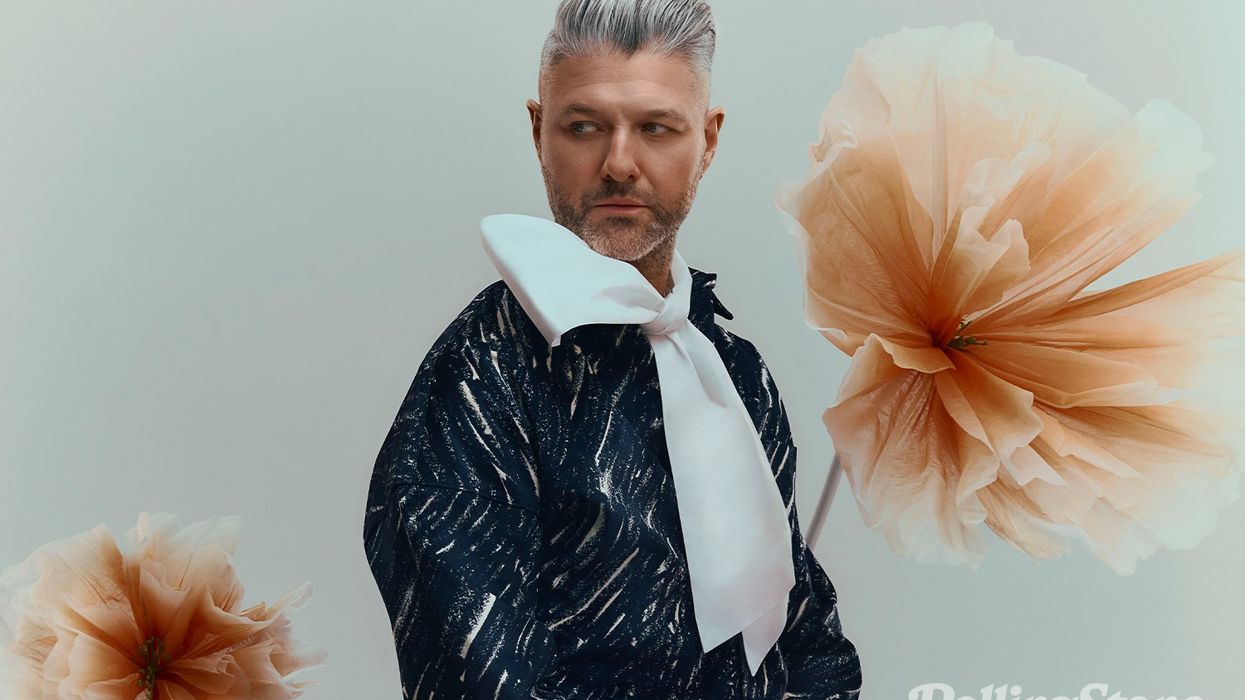
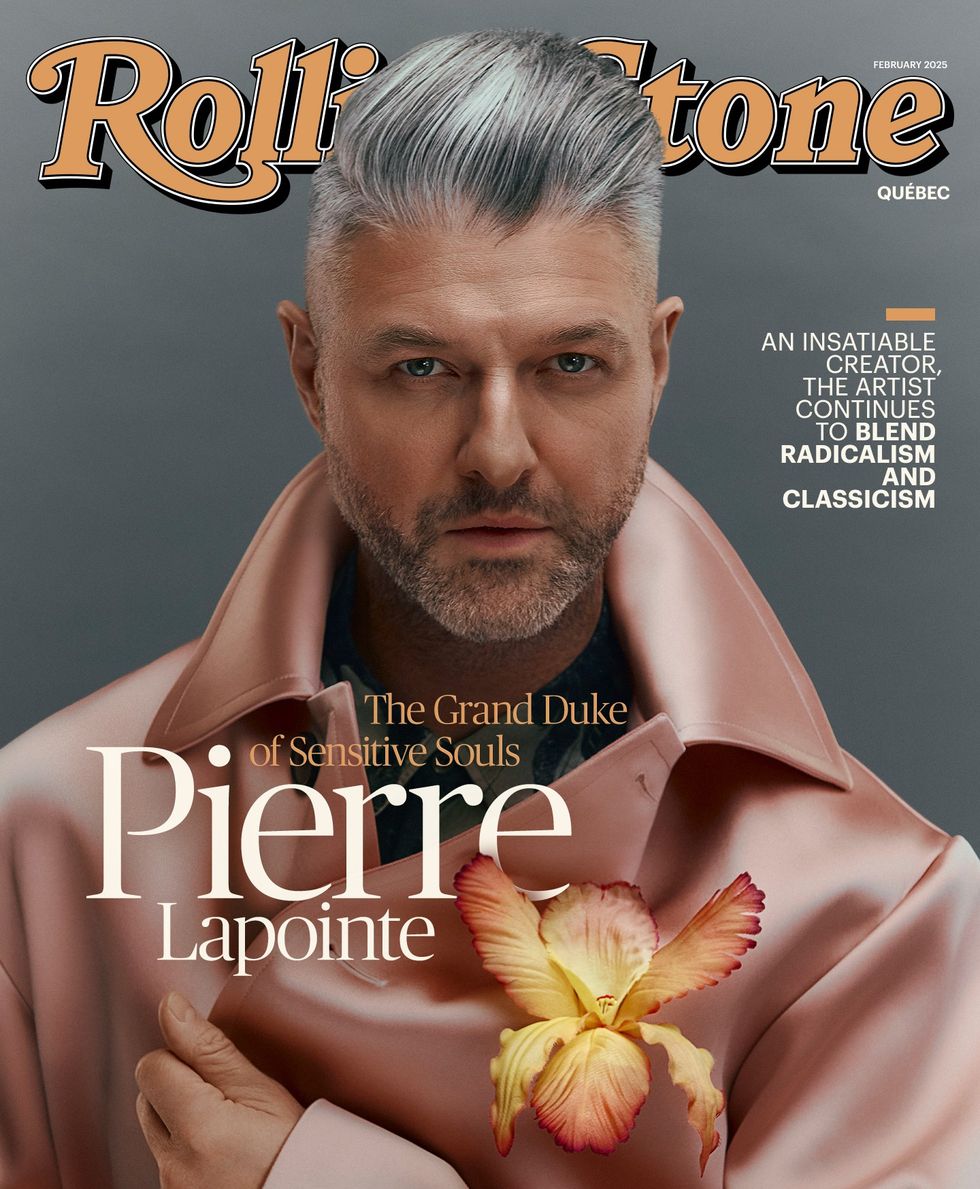 Coat (polyester and wool), shirt (silk), Dries Van Noten, SSENSE.com / Flower (silk), M&S Schmalberg
Coat (polyester and wool), shirt (silk), Dries Van Noten, SSENSE.com / Flower (silk), M&S Schmalberg
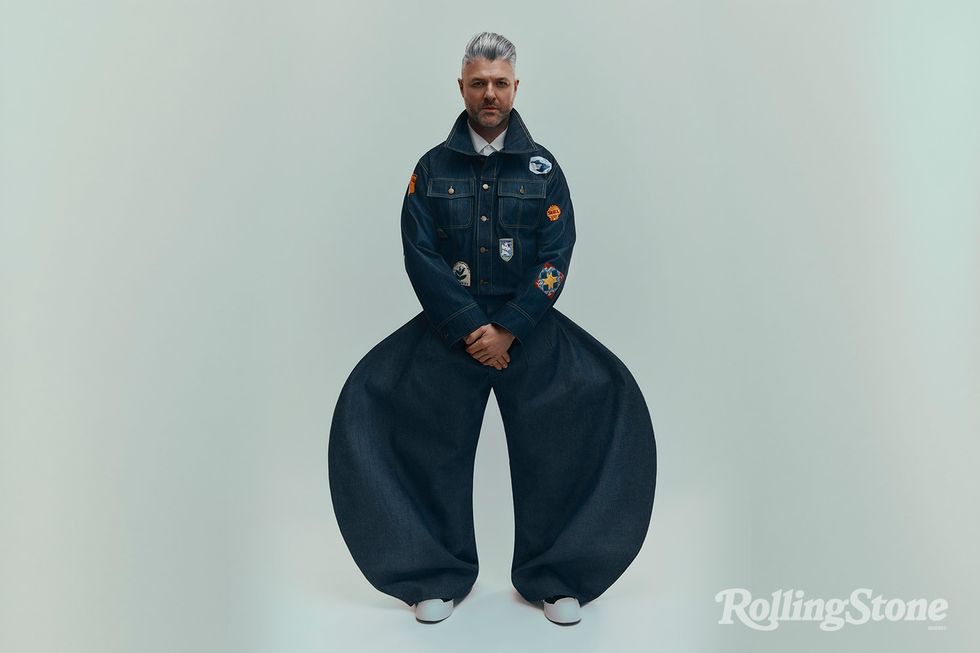 Blouson (denim and hand embroidered patches), WJ Crosson / Shit (polyester), Homme plissé Issey Miyake, Holt Renfrew/Pants from personal collection/ Shoes(canvas), Marni
Blouson (denim and hand embroidered patches), WJ Crosson / Shit (polyester), Homme plissé Issey Miyake, Holt Renfrew/Pants from personal collection/ Shoes(canvas), Marni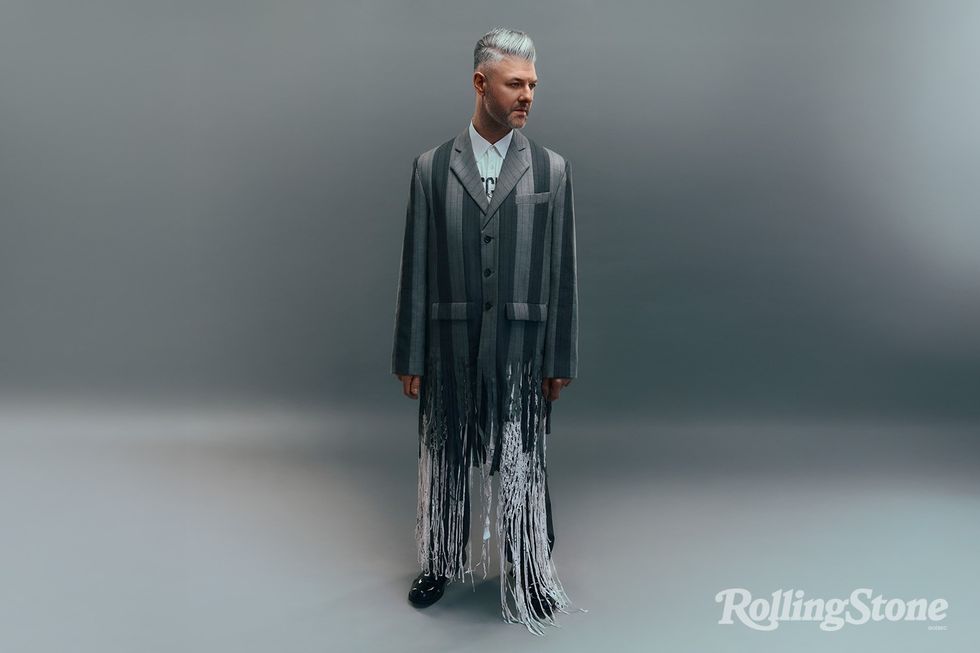 Jacket and pants (virgin wool), shirt (acrylic coated cotton), Moschino / Shoes from Pierre Lapointe's personal collection
Jacket and pants (virgin wool), shirt (acrylic coated cotton), Moschino / Shoes from Pierre Lapointe's personal collection
